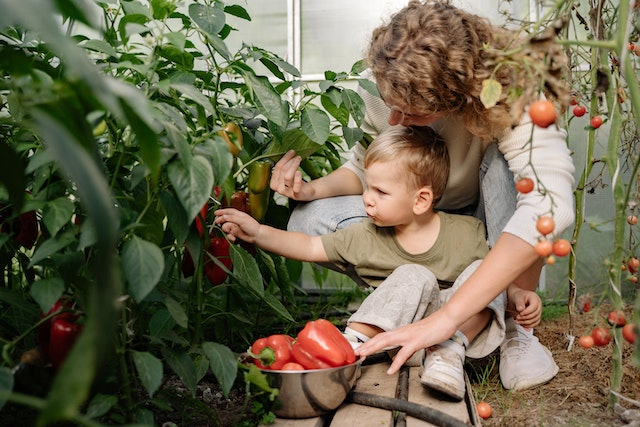
In a world that is becoming increasingly conscious about health, ethics, and the environment, there is a growing movement towards plant-based eating. The decision to adopt a vegan lifestyle is not one to be taken lightly. It requires a fundamental shift in perspective and a reevaluation of long-held beliefs. Incorporating a vegan starter kit requires a determination to embrace a diet that is kinder to animals, better for our bodies, and more sustainable for our planet.
But for many, the idea of transitioning to a vegan lifestyle can be daunting. The abundance of information, conflicting advice, and countless recipe variations can quickly become overwhelming. It’s easy to feel lost in a sea of ingredients, unfamiliar cooking techniques, and the intricacies of plant-based nutrition.
Fear not, for this is where the vegan starter kit comes to the rescue. Designed to help you navigate the path towards a plant-powered life, this comprehensive guide will equip you with the knowledge, tools, and inspiration you need to embrace a vegan lifestyle without succumbing to overwhelm.
From debunking common myths about veganism to guiding you through the supermarket aisle, this starter kit aims to make your journey towards a more conscious way of eating as smooth as silken tofu. You will discover the incredible variety of plant-based ingredients available to you and learn practical techniques for transforming them into delicious, wholesome meals that will please even the most discerning palate.
But the vegan starter kit is not just about food. It goes beyond the kitchen to explore topics such as animal advocacy, environmental impact, and the benefits of a vegan lifestyle for personal well-being. By immersing yourself in the wisdom found in these pages, you will gain a deeper understanding of the interconnectedness of all living beings and how your choices can positively shape the world around you.
Understanding Veganism: A Shift in Consciousness
Embarking on a vegan lifestyle is not merely a dietary choice; it is a transformative journey that encompasses ethical, health, and environmental considerations. Before creating your own vegan starter kit, it helps to dig deep into the compelling reasons why a shift into the vega lifestyle is necessary and beneficial.
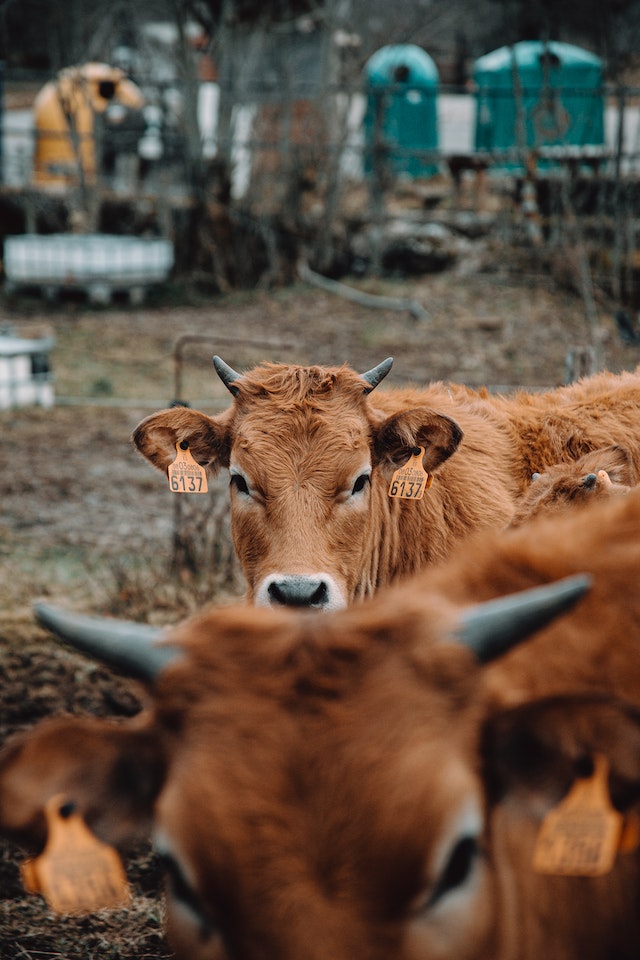
ETHICAL CONSIDERATIONS:
The Sentience of Animals: Veganism recognizes that animals are sentient beings capable of experiencing pain, pleasure, and a range of emotions. By avoiding the use of animal products, vegans seek to minimize the exploitation and suffering experienced by animals in various industries, including factory farming, animal testing, and entertainment.
Non-Violence and Compassion: Adopting a vegan lifestyle is an expression of compassion towards all living beings. It is an acknowledgment that every creature deserves to live a life free from harm and unnecessary exploitation.
Health and Well-being:
Plant-Based Nutrition: One common misconception about veganism is that it may lead to nutrient deficiencies. However, with proper planning and a varied diet, it is entirely possible to meet all your nutritional needs while following a plant-based diet. Fruits, vegetables, legumes, whole grains, nuts, and seeds can provide an abundance of vitamins, minerals, and protein.
Lower Disease Risk: Numerous studies have shown that a well-balanced vegan diet can reduce the risk of various chronic diseases, including heart disease, type 2 diabetes, and certain types of cancers. Choosing whole, unprocessed foods while avoiding excessive consumption of refined sugars and oils can contribute to a healthier, long-term well-being.
Environmental Impact:
Sustainability: Animal agriculture is a significant contributor to deforestation, greenhouse gas emissions, and water pollution. By adopting a vegan lifestyle, you can significantly reduce your carbon footprint and contribute to the preservation of our precious ecosystems.
Conservation of Resources: Animal agriculture requires vast amounts of land, water, and feed to sustain livestock. In a world with a booming population and limited resources, choosing a plant-based diet can help conserve these valuable resources, ensuring a more sustainable future for generations to come.
Setting the Foundation: Essential Pantry Staples
Before embarking on your vegan journey, it’s essential to stock your pantry with a selection of key ingredients. This vegan starter kit will form the building blocks of your plant-based meals.
Armed with these essentials, you’ll have the flexibility and creativity to whip up delicious and nutritious dishes without having to make a last-minute trip to the grocery store. Here are some must-have pantry staples to start your vegan adventure:
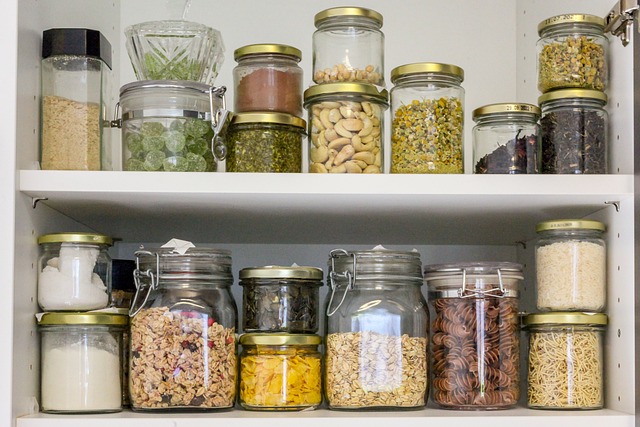
Grains and Legumes:
- Brown rice: A versatile and nutrient-rich grain that can be used as a base for stir-fries, salads, or Buddha bowls.
- Quinoa: Packed with protein and fiber, quinoa is a complete plant-based protein source that can be used in salads, stir-fries, and even as a substitute for rice.
- Lentils: High in protein, fiber, and iron, lentils are a versatile legume that can be used in soups, stews, curries, or as a meat substitute in burgers or meatballs.
- Chickpeas: These protein-packed legumes can be used to make hummus, salads, curries, or roasted for a delicious and crunchy snack.
Plant-Based Protein:
- Tofu: Made from soybeans, tofu is a versatile ingredient that can be marinated, grilled, fried, or blended into creamy sauces and desserts.
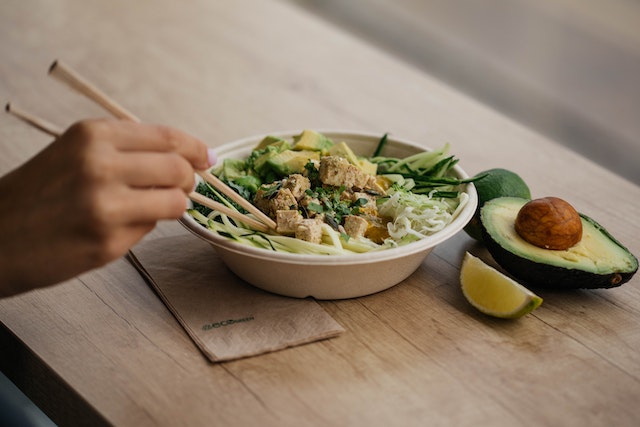
- Tempeh: A fermented soybean product that is high in protein, tempeh can be marinated, sautéed, or baked to add a meaty texture to your meals.
- Seitan: Also known as wheat meat, seitan is made from wheat gluten and can be used as a meat substitute in various dishes, from stir-fries to sandwiches.
Nut and Seed Butters:
- Peanut butter: A delicious spread that can be used in sandwiches, smoothies, or in savory dishes like satay sauce.
- Almond butter: Creamy and packed with healthy fats, almond butter is a versatile ingredient that can be used in both sweet and savory recipes.
- Tahini: Made from sesame seeds, tahini is a key component of Middle Eastern cuisine and is used in hummus, dressings, and sauces.
Flavor Enhancers:
- Nutritional yeast: A common ingredient in vegan cooking, nutritional yeast adds a cheesy, umami flavor to dishes and is often used to make vegan cheese alternatives.
- Tamari or soy sauce: A gluten-free alternative to soy sauce, tamari adds depth of flavor to stir-fries, marinades, and dressings.
- Dried herbs and spices: Stock your pantry with an array of herbs and spices like cumin, paprika, oregano, and turmeric to add flavor and complexity to your dishes.
Dairy Alternatives:
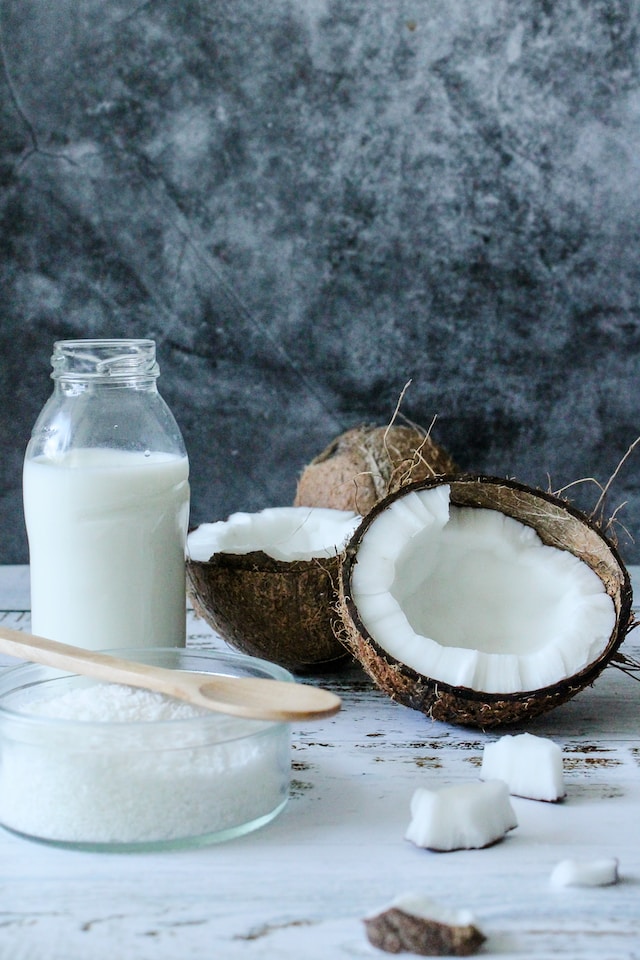
- Non-dairy milk: Choose from options like almond milk, soy milk, oat milk, or coconut milk to use in your morning cereal, smoothies, or coffee.
- Coconut cream: Ideal for adding richness and creaminess to curries, soups, and desserts.
- Vegan butter or margarine: Look for a plant-based alternative to butter to use in baking or spreading on toast.
Veganizing Your Plate: Simple Substitutions
Transitioning to a vegan lifestyle does not mean giving up your favorite dishes. With a few simple substitutions, you can create a vegan starter kit that incorporates vegan versions of your favorite meals that are just as flavorful and satisfying. This section will guide you through some easy swaps to transform traditional recipes into delicious plant-based dishes.
Dairy Substitutes:
One of the first steps in veganizing your plate is finding alternatives to dairy products. Here are some commonly used substitutes:
- Plant-Based Milks: Replace cow’s milk with options like almond, soy, oat, or coconut milk. These alternatives are readily available in most grocery stores and can be used in recipes that call for milk.
- Vegan Cheese: Opt for dairy-free cheese made from ingredients like nuts, soy, or tapioca. These cheeses can be melted, shredded, or sliced, making them perfect for toppings, sandwiches, and even homemade pizza.
- Cashew Cream: Soak cashews overnight and blend them with water to create a creamy and versatile substitute for heavy cream. Use it in soups, pasta sauces, or as a base for vegan desserts.
Meat Substitutes:
Replacing meat ingredients with plant-based alternatives is easier than ever. Here are some popular options:
- Tofu: This versatile soy-based product takes on the flavors of the dish it’s cooked in. Marinate, bake, grill, or stir-fry tofu to create a protein-packed substitute for meat.
- Tempeh: Made from fermented soybeans, tempeh has a nutty flavor and a firm texture. It works well in stir-fries, sandwiches, or even on the grill as a burger patty.
- Seitan: Also known as wheat meat, seitan has a chewy texture that resembles meat. It can be used in dishes that call for beef, chicken, or pork, such as stews, stir-fries, or skewers.
Egg Replacements:
Eggs are often used as a binding or leavening agent in recipes. Fortunately, there are several alternatives:
- Flaxseed or Chia Seeds: Mix one tablespoon of ground flaxseeds or chia seeds with three tablespoons of water. Let it sit for a few minutes until it becomes gel-like. This mixture can be used as a replacement for one egg in baked goods.
- Silken Tofu: Blend silken tofu until smooth and use a quarter cup to replace one egg. This is a great option for custards, puddings, or creamy desserts.
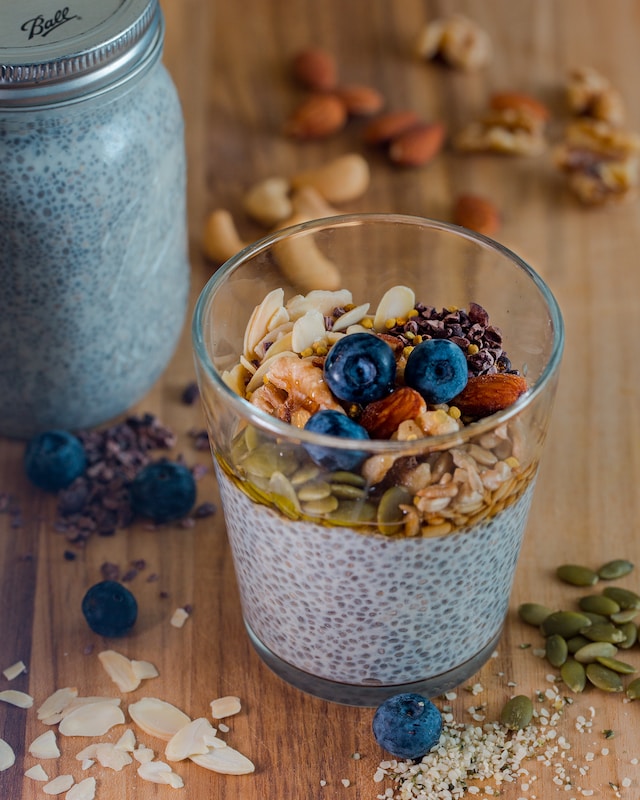
- Applesauce or Mashed Banana: Use a quarter cup of unsweetened applesauce or mashed banana in place of one egg. These ingredients add moisture and binding properties to recipes like pancakes, muffins, or cakes.
Baking Substitutions:
Baking can be a bit trickier when you’re going vegan, but fear not! Here are some substitutes for common baking ingredients:
- Butter: Swap dairy butter with vegan butter or margarine. Look for options made from plant-based oils.
- Honey: Replace honey with maple syrup, agave nectar, or date syrup. These natural sweeteners work well in most recipes.
- Eggs: In addition to the egg replacements mentioned earlier, you can also use applesauce or mashed banana for moisture in baked goods.
Additional Tips:
Embrace the Power of Meal Prep: Planning and preparing your meals ahead of time can make adopting a vegan lifestyle much more manageable. Spend some time each week creating meal plans, grocery lists, and prepping ingredients. This way, you’ll always have something delicious and nutritious on hand, even on your busiest days.
Seek Inspiration: Sometimes, all it takes to keep your vegan journey exciting is a dash of inspiration. Explore cookbooks, blogs, and social media platforms dedicated to plant-based cooking. Discover new flavors, try different cuisines, and experiment with unique ingredients. Don’t be afraid to get creative in the kitchen!
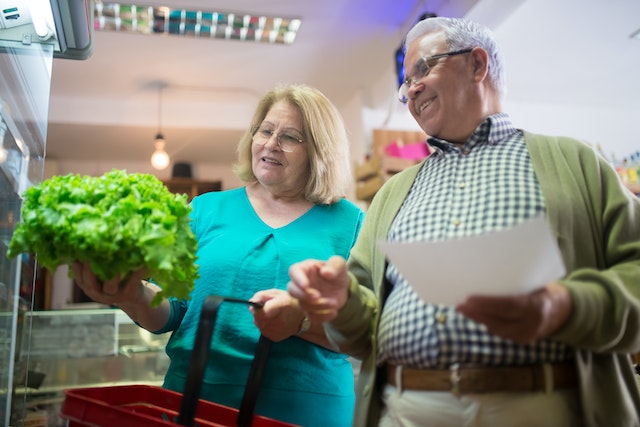
Stay Connected: Building a support network of like-minded individuals can be incredibly beneficial on your vegan journey. Join local vegan groups, attend meetups, and engage with online communities. Surrounding yourself with people who share your values and goals will provide you with motivation, advice, and a sense of belonging.
Be Kind to Yourself: Remember that transitioning to a vegan lifestyle is a process, and everyone’s journey looks different. Don’t beat yourself up if you make mistakes or find certain aspects challenging at first. Instead, focus on progress, not perfection, and celebrate the positive changes you’re making in your life and for the world
This vegan starter kit is your guide to embracing a plant-based lifestyle with confidence and ease. From understanding the core principles of veganism to stocking your pantry, creating delicious meals, and navigating social situations, this comprehensive resource has everything you need to begin your journey toward a compassionate, healthy, and sustainable way of living. With the knowledge, tools, and inspiration found within these pages, you’ll be well on your way to transforming your plate and making a positive impact on the world around you. Remember, every choice matters, and your decision to adopt a vegan lifestyle is a powerful step towards creating a better future for all.